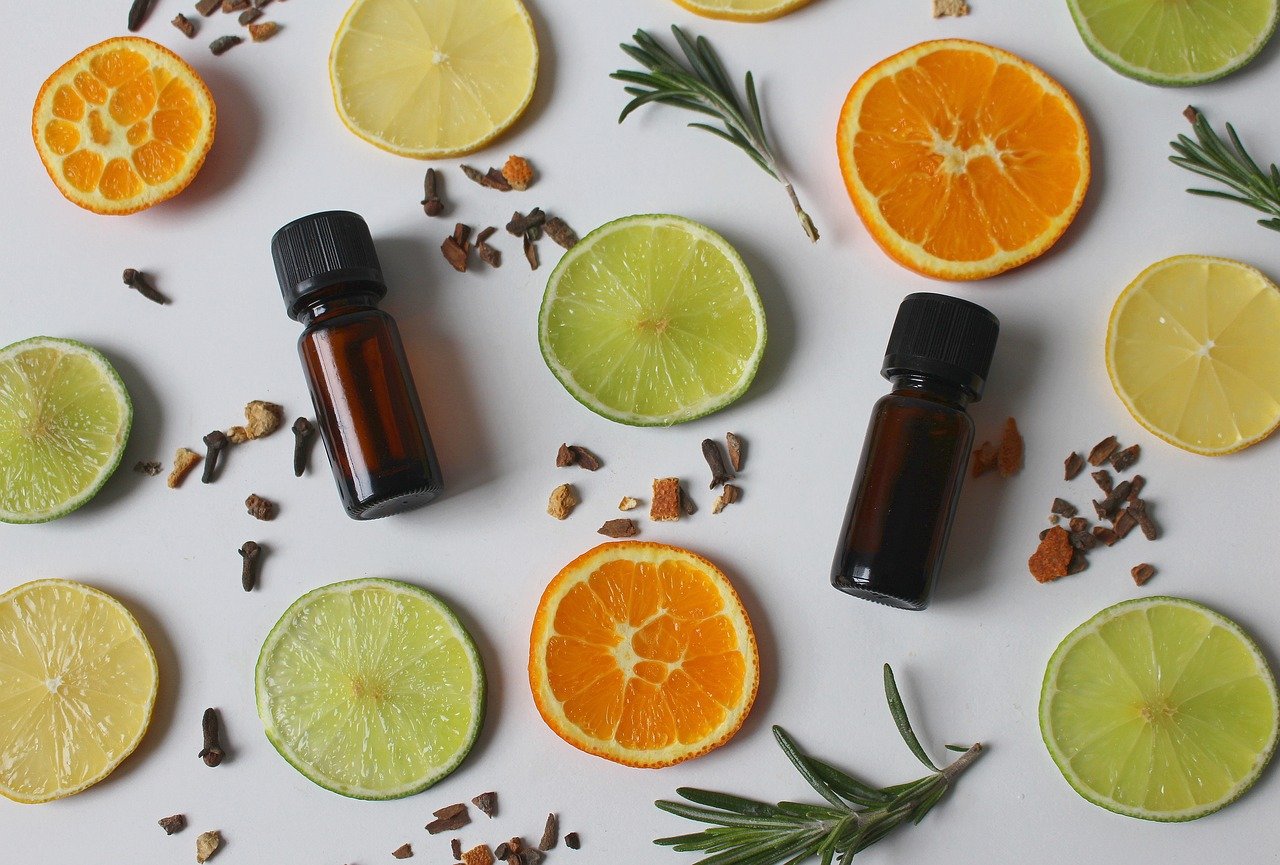
Transformative Travel: The Ultimate Nirvana Wellness Package for Your Mind, Body, and Soul
Introduction In today’s fast-paced world, finding a peaceful retreat is essential for rejuvenating both the mind and body. The Nirvana wellness package offered by Vedic




